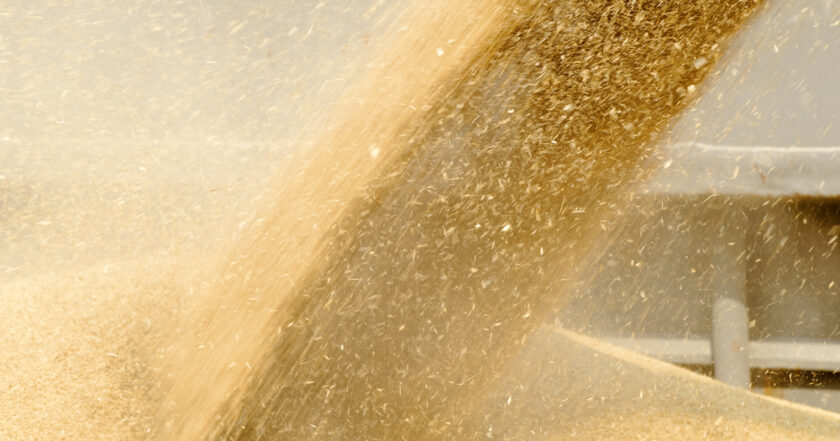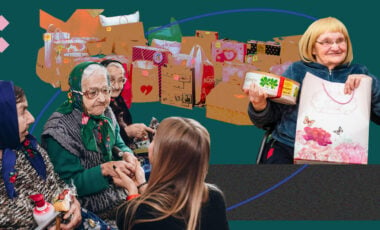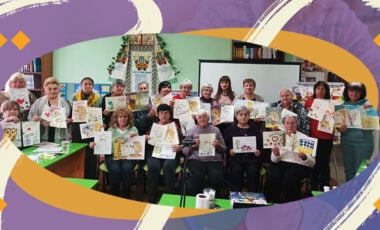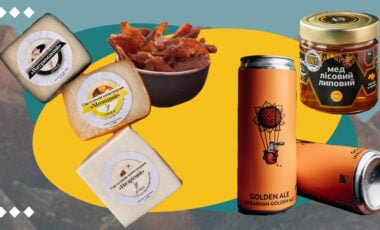EU to impose tariffs on Russian and Belarusian grain – FT

To reassure farmers and certain member countries, the European Union is preparing to impose tariffs on grain imports from the Russian Federation and the Republic of Belarus.
This will be the first restriction on Russian food products since the full-scale invasion of Ukraine, Rubryka reports, citing the publication Financial Times.
According to sources familiar with the plans, the European Commission will announce a €95 per ton tariff on grains from Russia and Belarus in the coming days.
Sources said this would lead to a price increase of at least 50%, reducing demand. Tariffs of 50% will also be imposed on oilseed seeds and their products.
In 2023, imports of grains, oilseeds, and their derivatives from Russia reached a record 4 million tons, accounting for 1% of total consumption in the EU.
The European Union produces over 300 million tons of grains and oilseeds annually and is a net exporter of the former, so it does not need Russian and Belarusian imports.
An EU representative noted that grain prices were at a four-year low, while Russia remained "very competitive in grain markets and put significant pressure."
The tariff will be set at the maximum level allowed by WTO rules. Russia may take retaliatory measures, but it has already banned most food imports from the EU, and many European companies in this sector have left the country in recent years.
In February, Latvia unilaterally banned the import of many food products from Russia and Belarus, and Lithuania announced strict inspections of cargoes.
On March 8, the Polish Sejm adopted a resolution calling for sanctions on the import of Russian and Belarusian food products.
Issues with Russian grain
Lithuanian farmers, amid a partial blockade at the Polish-Lithuanian border due to Ukrainian exports, say they are more concerned about imports of Russian grain.
The Latvian parliament temporarily banned the import of agricultural products from Russia and Belarus until July 2025. But even this step has changed little, say processors.
Latvia is demanding a ban on the export of Russian grain to the EU, as goods from Ukraine can replace all such products.
Lithuanian President Gitanas Nauseda said he supported proposals to ban the import of Russian grain.
Earlier, Polish Prime Minister Donald Tusk promised to appeal to the Polish Sejm to impose sanctions against Russian and Belarusian agricultural products.























































